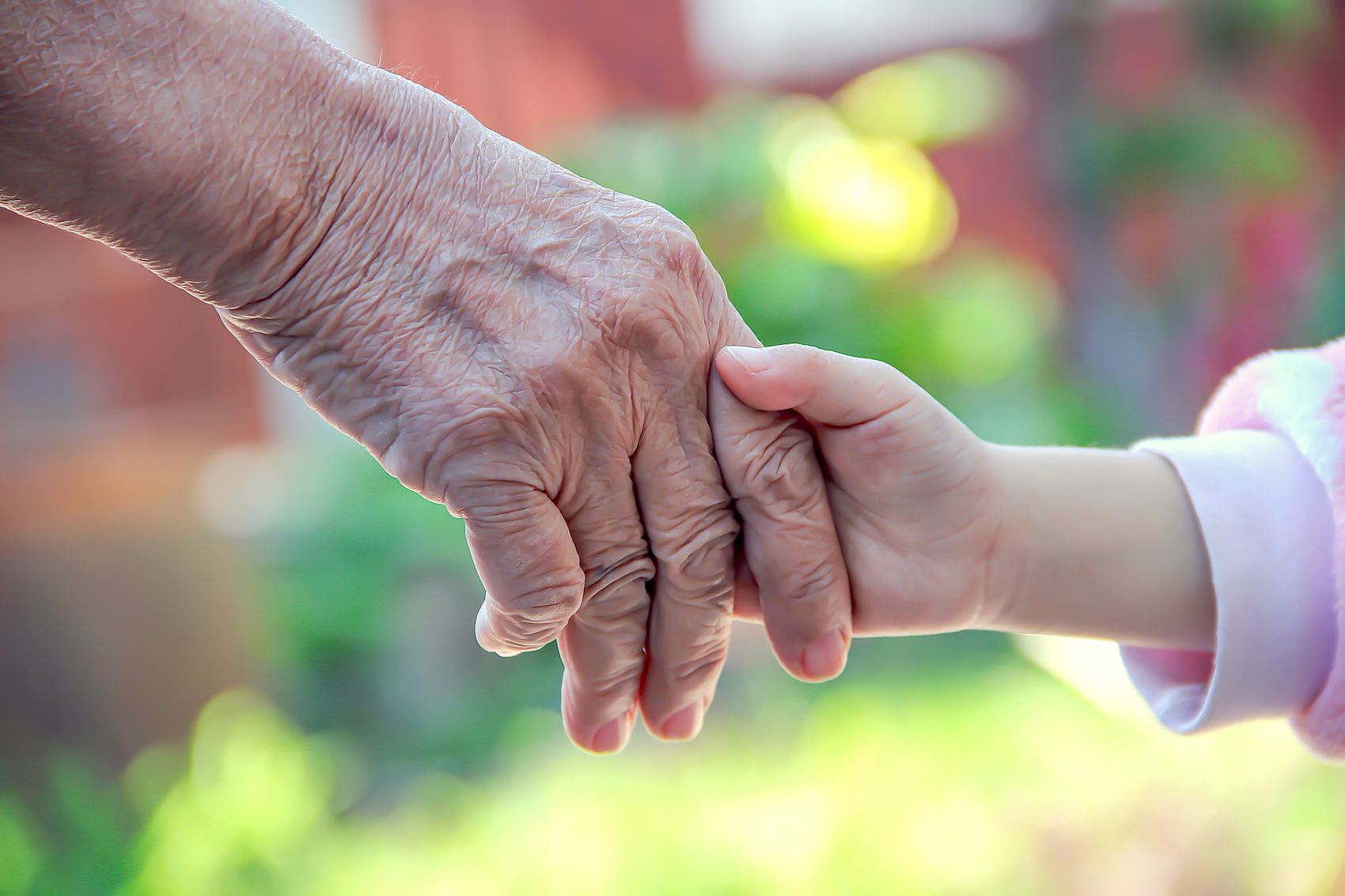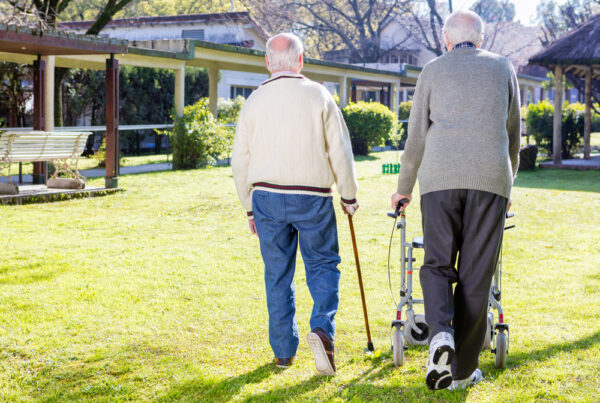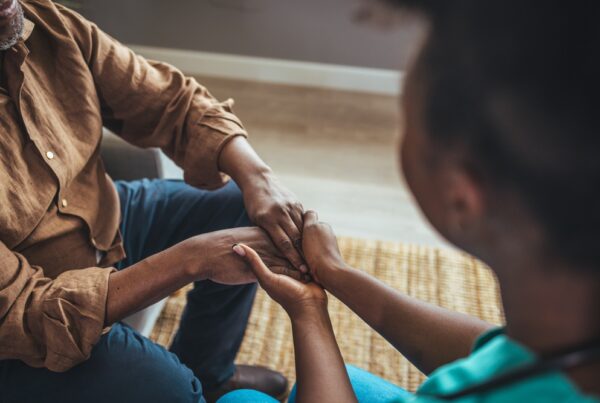With social isolation and loneliness on the rise, it’s important to find ways for all people in the community to connect and ultimately enhance each other’s lives.
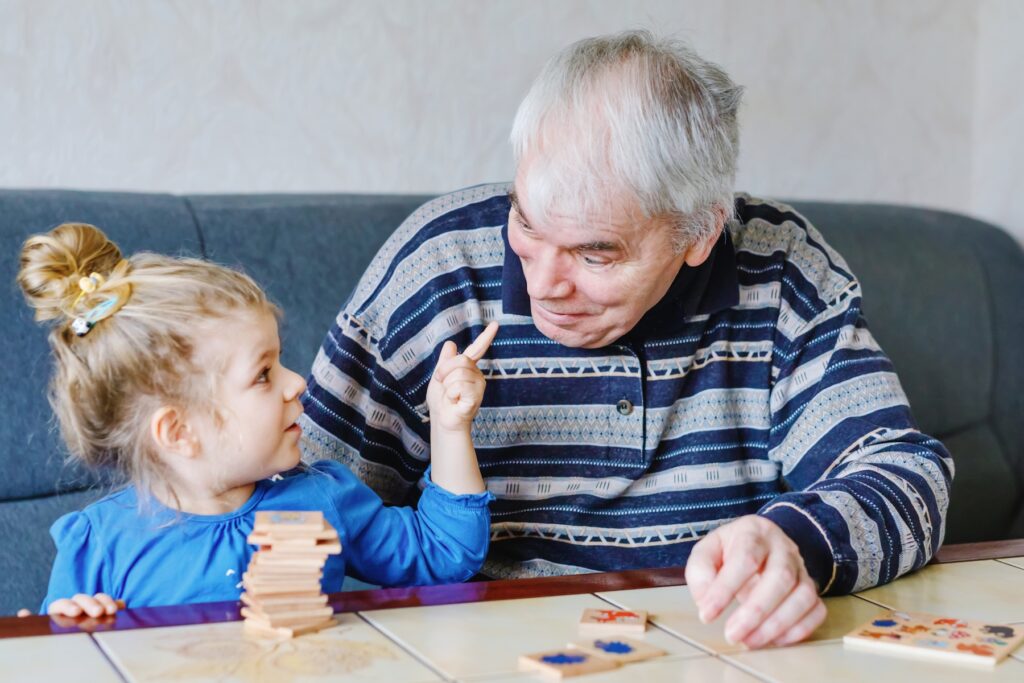
Encouraging activities and relationships between young and older people can build meaningful intergenerational connections that have long-term, mutual benefits. This article covers the basic benefits of intergenerational relationships.
1. A health booster
It’s often said that “kids keep us young at heart”, and research into intergenerational relationships shows this. Older adults who actively engage with children have been found to have better physical health, are less likely to suffer from depression, and have a higher degree of satisfaction in life.
2. Building valuable connections
Another benefit of intergenerational relationships and bringing older and younger people together is helping to grow connections that make us feel valued and included.
For University of Wollongong Associate Professor Lyn Phillipson, whose research focuses on the benefits of intergenerational relationships, changes in society mean there’s not the same opportunities for older and younger people to come together as they once did.
“We have people who have moved away from where they raised their own children and younger people who have moved away from older family connections for work,” A/Prof Phillipson says.
“Bringing the generations together actually does place older people in a position where they can see the hope, enthusiasm and wonder of children, and the children can also benefit from the wisdom older people can offer.”
Young people benefit from the undivided time and attention from older people that may sometimes be missing in today’s busy and technology-oriented world, and older people often find a new sense of joy and freedom that allows them to appreciate the benefits and joys of parenthood without the pressures of being a parent.

3. Learn and teach new skills
Intergenerational relationships also provide both older people and children with the opportunity to learn new skills and discover a new sense of purpose – simultaneously they become the teacher and the student.
Older adults share a lifetime of accumulated wisdom, from social skills to stories of the past, to various interests and hobbies, and children are introduced to new activities and ideas that stay with them as they mature.
On the flip side, children like to feel needed and are willing to share their knowledge of the world around them with people who show an interest, and can often teach older people new things about the world we live in.
For Prof Phillipson, research has found social connection creates the motivation to get involved and be more active.
“The real benefits for both are around the reciprocity and the exchange that occurs between the generations. They each get a different experience of the same environment and activity.”
4. Pass on life lessons and family stories
Relationships between older and younger people can provide a sense of connection to the past and to the future.
Strong relationships with older adults help children form a better sense of who they are, where they have come from and how they fit into this world. At the same time, intergenerational relationships offer older people the opportunity to leave a legacy by telling their stories and in so doing, keeping aspects of their history and culture alive into the future.
And these intergenerational bonds do not need to be biological. Children can develop life skills, build their self-esteem and confidence, knowing they have someone safe to talk with, and confide in, through the presence of an older adult who is willing to pass on their knowledge and life experience.
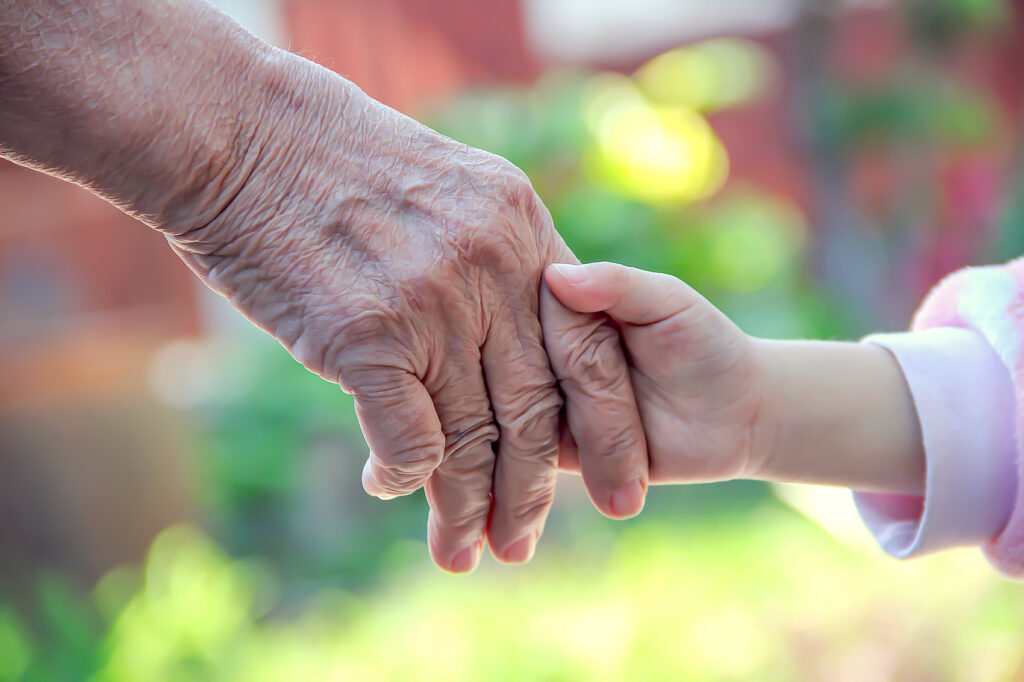
5.Help to embrace ageing
By engaging with older people, children learn to look beyond any ageist stereotypes and become more comfortable with ageing.
When younger people learn about the various paths an older person has taken to reach where they are today, children have a better picture of ‘the whole of their lives’ and can make better connections to their learnings now and where it can take them in the future.
“Bringing the generations together actually does place older people in a position where they can see the hope, enthusiasm and wonder of children, and the children can also benefit from the wisdom older people can offer.”
Ways to build intergenerational relationships
The benefits of intergenerational relationships are clear and there are many ways to facilitate these connections – from reading to each other, to interacting around technology, to formal intergenerational programs.
For A/Prof Phillipson, intergenerational playgroups tick all the boxes for enhancing both older and younger people’s lives, as they are designed in a way to facilitate mutual giving, learning, being active, taking notice and connecting.
When organising intergenerational playgroups, consideration is given to things like appropriate furniture through to the type of activities the two cohorts can engage in – to make sure they meet all the participants’ needs. These programs are facilitated by experts in pedagogy, movement, and art therapy.
A/Prof Phillipson’s research revealed a real point of connection for older and younger people around gardening, music, movement, dance, play and dress-ups.
“When taking part in these activities there’s giving, learning, joy and connecting between the younger and older participants,” A/Prof Phillipson explains.
“These groups help older people have a meaningful way to contribute and to be social. It also gives them goals – they want to be more active so that they can participate in activities with the children.”
This article was first published by IRT Retirement Villages.
